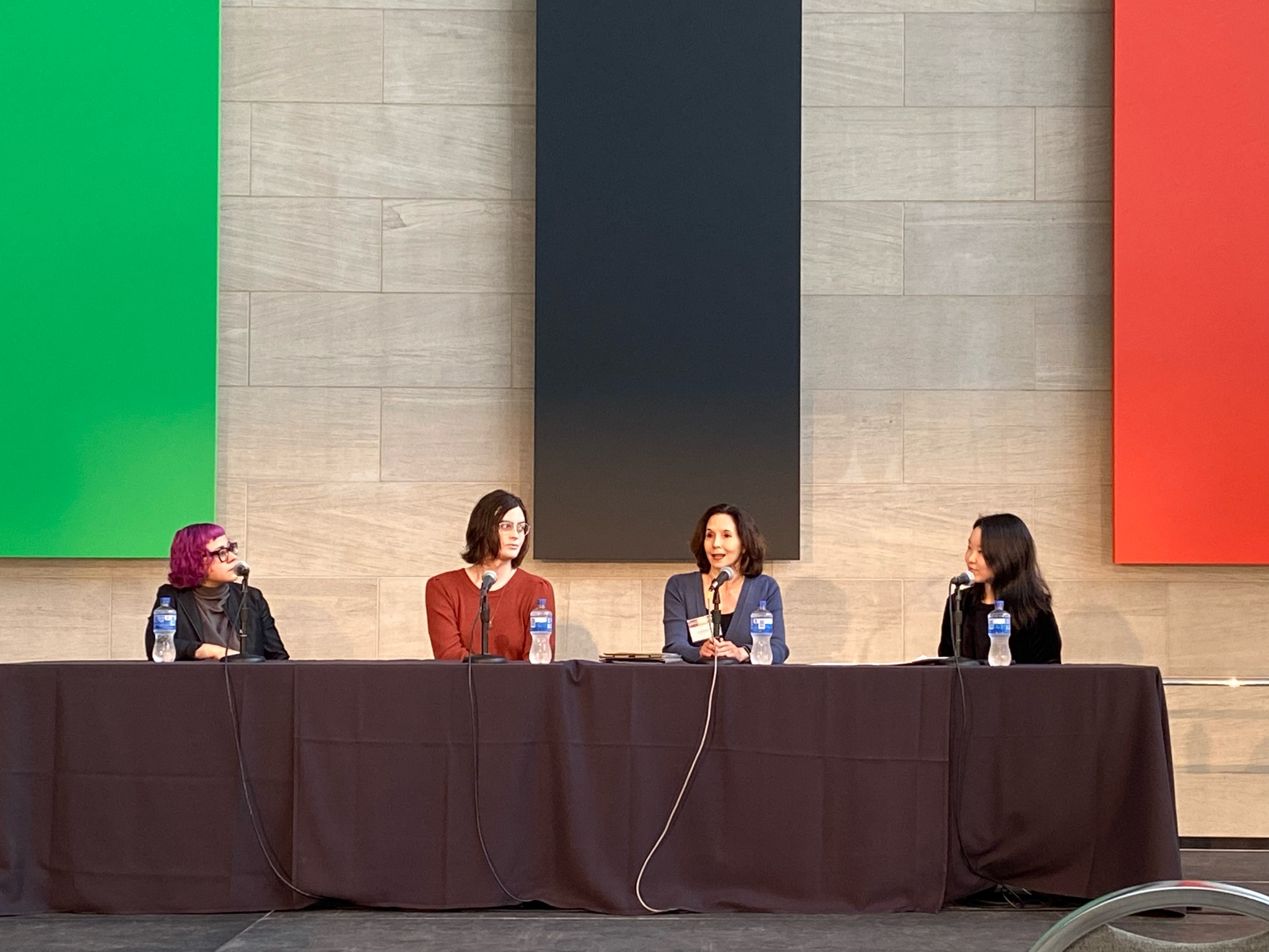Female conductors, composers are still rarities in classical music. How can that change?

In the U.S., the Atlanta Symphony Orchestra’s Nathalie Stutzmann is the only female music director at a major orchestra. Both the Dallas and Fort Worth symphony orchestras have never been led by female music directors, though the DSO has hired several female assistant conductors over the past few decades, and appointed Gemma New as principal guest conductor in 2018. The FWSO has also brought in more female guest conductors in recent seasons. Classical music groups across the country have also been programming more female composers, but they are still underrepresented.
The DSO’s fourth annual Women in Classical Music Symposium will address the lingering gender gaps — and speak to the challenges facing women moving toward leadership roles in classical music. From Nov. 6-9, the symposium will include panels and workshops to help attendees navigate barriers in the field. Around 300 people are expected to attend the event, including students from South Dallas, SMU and Plano ISD who have been invited to participate in some of the panels.
Participants can attend networking events and discussions on topics like the challenges of balancing work and personal life and the experiences of Black women in U.S. orchestras. The symposium will also feature a documentary viewing and discussion about Zohra, Afghanistan’s all-women orchestra that was evacuated from the country when the Taliban retook control.
A Nov. 8 symposium panel called “The Burden of Breaking Through: Power Structures and Paths to Progress” will be moderated by Elizabeth Myong, a reporter and producer for Arts Access — a new partnership between The Dallas Morning News and KERA. Vocalist Katherine Goforth, conductor Sarah Ioannides and DSO composer-in-residence Angélica Negrón will discuss how they’ve overcome barriers in classical music and the way biases and power dynamics contribute to the challenges they face.
